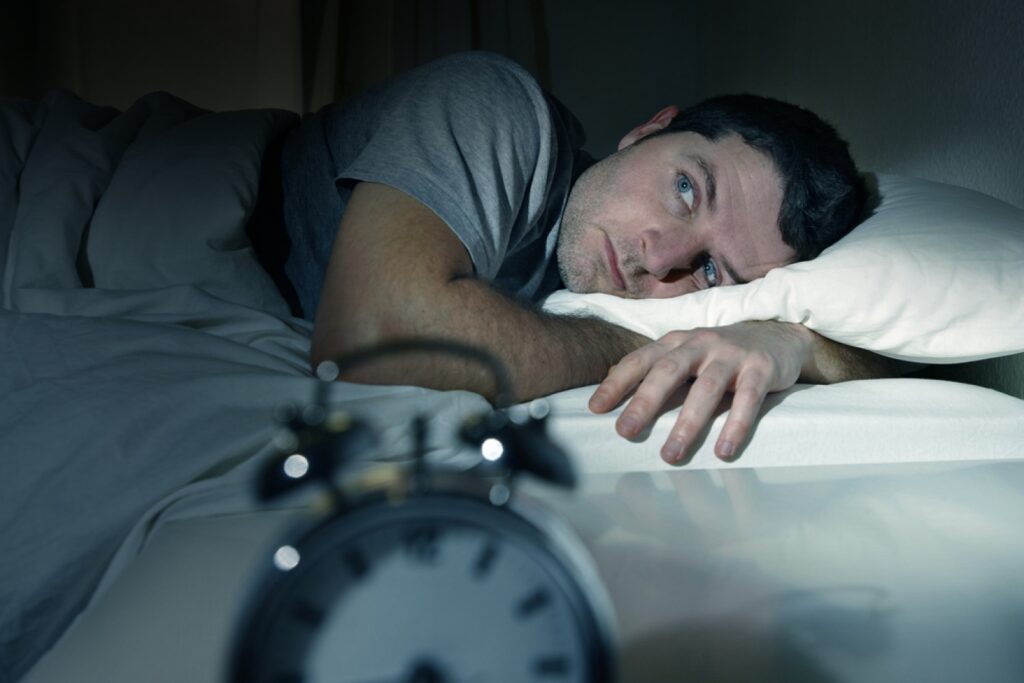In a country racing toward digital transformation and economic growth, sleep may be the first casualty. Across India, millions of adults and adolescents are getting too little rest, fueling what experts now warn is an unfolding public health emergency.
From metro workers logging long shifts to teenagers glued to glowing phone screens, India is sleeping fewer hours and more poorly than ever before—a fact reflected not just in yawns and fatigue, but in rising rates of diabetes, heart disease, depression, and even accidents.
“This is no longer just a lifestyle issue. Chronic sleep deprivation is a national health concern,” said Dr. Nandita Mehra, neurologist and sleep researcher at a private hospital in Mumbai. “We are seeing younger patients with serious health problems that stem from poor sleep hygiene.”
A Nation Awake, But at What Cost?
According to a 2023 study conducted by the All India Institute of Medical Sciences (AIIMS) in collaboration with the Indian Sleep Disorders Association, one in three urban Indians sleeps fewer than six hours a night. That’s well below the recommended 7–9 hours for adults, and worse still for adolescents, many of whom report sleeping less than five.
The causes are manifold: longer workdays, round-the-clock connectivity, digital entertainment, exam stress, and blurred boundaries between professional and personal life in the post-pandemic world.
A 2022 ICMR survey revealed that 68% of respondents aged 18–45 reported feeling “consistently tired”, while 42% said they experienced difficulty falling or staying asleep at least three nights a week.
Health Impacts That Run Deep
Scientists have long confirmed the link between poor sleep and chronic illness. Insufficient or irregular sleep has been shown to increase the risk of obesity, cardiovascular disease, hypertension, Type 2 diabetes, and impaired immune function.
“People underestimate what sleep does,” explained Dr. Mehra. “It’s when your body resets, your memory consolidates, your hormones regulate. Skipping sleep is like skipping maintenance on a machine—it breaks down faster.”
The mental toll is equally stark. Studies show consistent correlations between sleep deprivation and anxiety, depression, irritability, and attention deficits—particularly dangerous among students and professionals in high-pressure roles.
Smartphones, Screens, and the New Bedtime
Much of India’s urban sleep crisis, experts say, is fueled by screens—and the compulsive behaviors they encourage. With smartphone penetration nearing 80% in major cities, screen time is now one of the most significant disruptors of natural sleep cycles.
Blue light exposure from devices suppresses melatonin, the hormone that regulates sleep. Scrolling late at night stimulates the brain instead of calming it, delaying sleep and fragmenting its quality.
“Phones have become the last thing people look at before bed and the first thing they check in the morning,” said Dr. Suraj Banerjee, a psychiatrist at Safdarjung Hospital in Delhi. “We are voluntarily keeping ourselves in a state of low-level cognitive arousal.”
The Culture of Sleep Sacrifice
India’s cultural relationship with sleep also plays a role. In many professional circles, working late is a badge of honor, and burnout is mistaken for ambition. Among students preparing for entrance exams, all-night study sessions are normalized—even romanticized.
“There is social prestige in being tired. It’s seen as a sign of commitment,” said Dr. Banerjee. “We’ve built a culture that rewards exhaustion.”
This extends even to medical professionals, law enforcement, and gig workers—many of whom are expected to perform critical tasks on minimal rest.
The Policy Blind Spot
Despite the mounting evidence, sleep health remains almost entirely absent from India’s public health policy. There are no national campaigns promoting good sleep hygiene. School curriculums rarely address it. Few corporate wellness programs offer sleep education.
Hospitals in some metros have begun to establish sleep clinics, and startups are entering the wellness market with sleep-monitoring tools and supplements. But public awareness remains low, and the issue is often overshadowed by more visible health concerns like nutrition and substance abuse.
“Sleep is invisible. You can’t see the damage immediately, so it’s easier to ignore,” said Dr. Mehra. “But over time, it affects everything—from academic performance to road safety to economic productivity.”
A Wake-Up Call
As India moves into a faster, more digitally connected future, doctors and researchers say the country needs to slow down—at least long enough to sleep.
The solution, they argue, lies in a multi-pronged approach: public health education, school-level intervention, digital wellness policies, and a cultural shift that sees sleep not as laziness, but as essential maintenance for the mind and body.
“It’s time we stop glorifying sleeplessness,” Dr. Banerjee said. “Because what we lose in sleep, we pay for in health, relationships, and years of our lives.”


